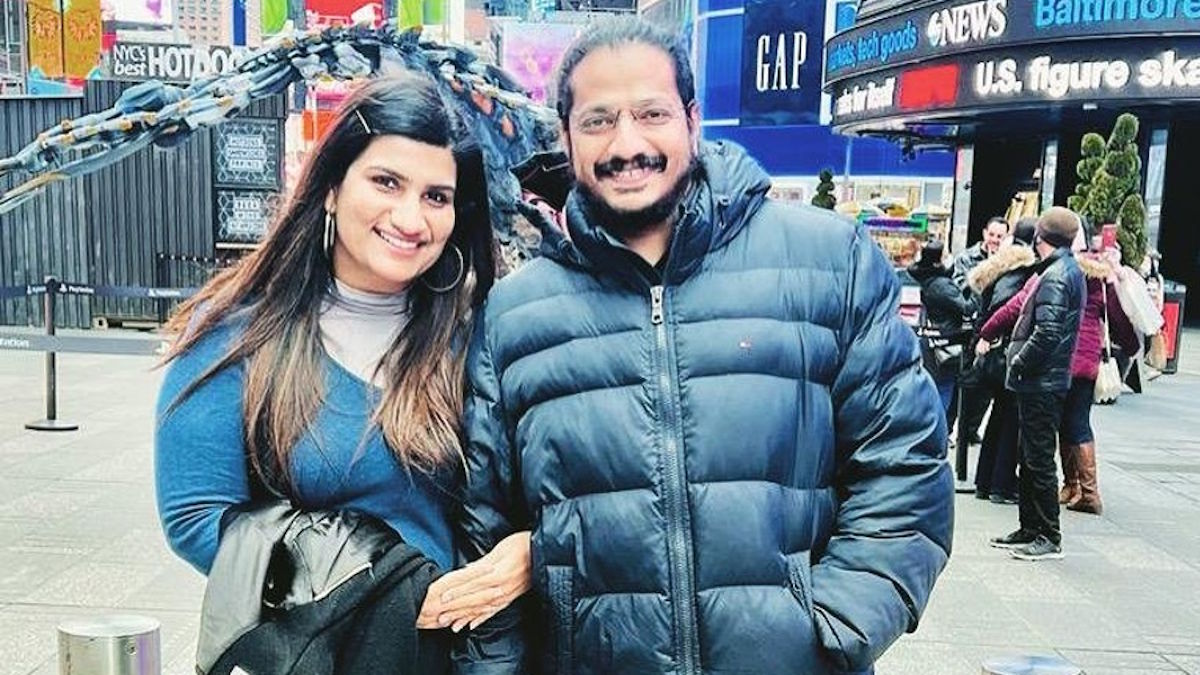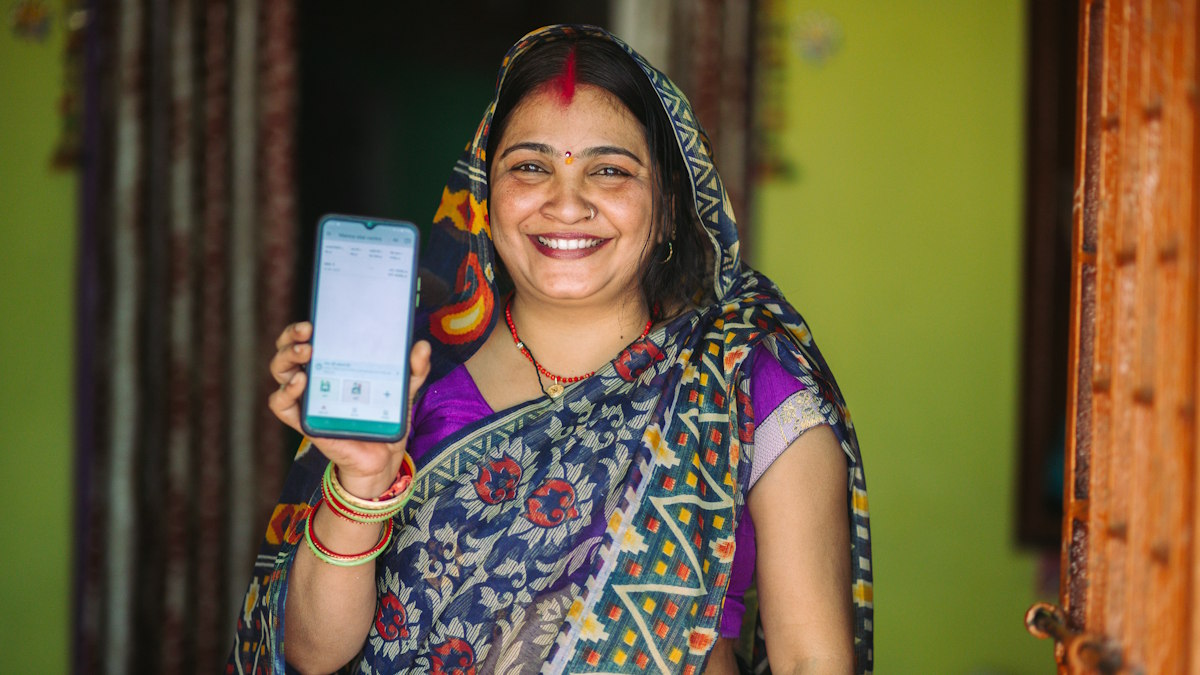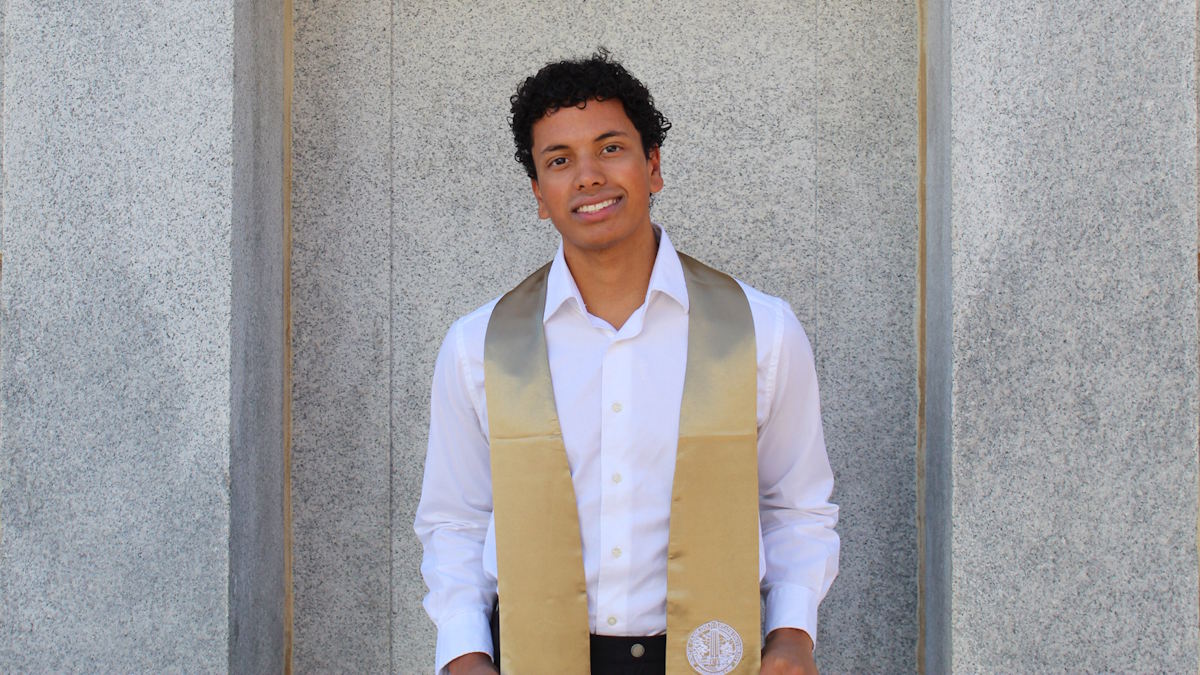Navigating the Labyrinth: A Family's Battle with OCD
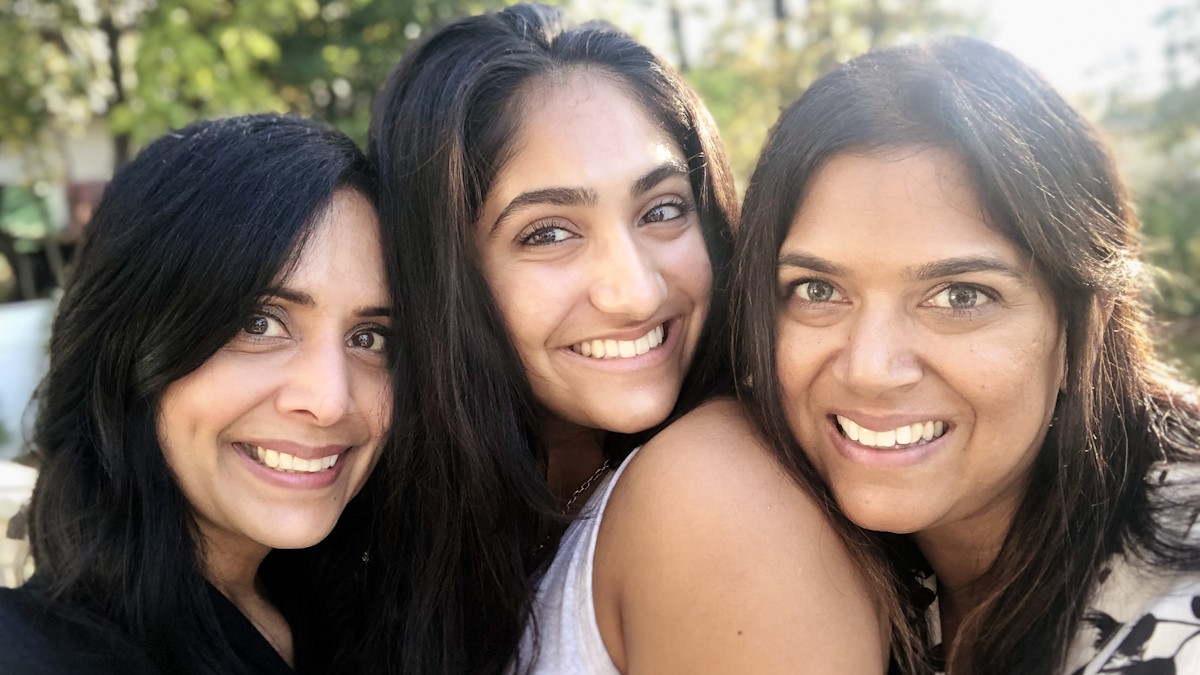
5 Minute Read · 8 Minute Listen
My family’s OCD journey began seven years ago, shortly after I joined Cisco in 2017.
At the time, I felt it was common to have a few OCD-type behaviors when it comes to organization, neatness, or cleanliness. However, when I noticed these behaviors start to intensify and negatively impact my 11-year-old daughter’s mental health and daily quality of life, I was scared.
Obsessive Compulsive Disorder (OCD) is a long-lasting disorder in which a person experiences uncontrollable and recurring thoughts (obsessions), engages in repetitive behaviors — compulsions — or both. Symptoms may begin anytime, but usually start between late childhood and young adulthood.
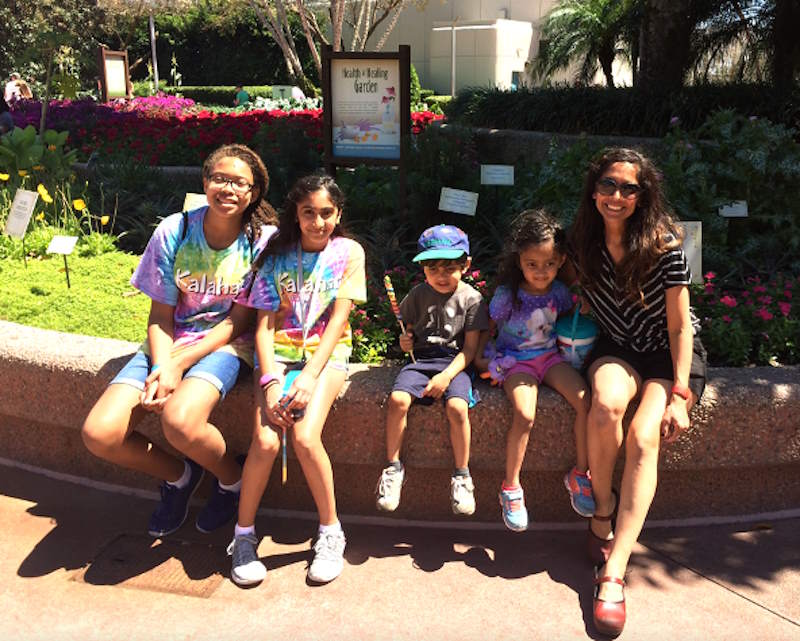
Most people with OCD are diagnosed as young adults. People with OCD have time-consuming symptoms that can cause significant distress or interfere with daily life. As a parent, I felt the “OCD monster” barge into my family when we were most vulnerable.
As my husband fought for his life from a serious illness for months, my children and I experienced tremendous stress and sadness.
During a much-needed break at Disney World with my kids, I knew something was terribly wrong with my older daughter. She needed constant reassurance that she was OK everywhere we went. It was exhausting for both of us.
I reassured her to calm her in the moment, but I didn’t know the reassurance would make it worse in the longer term.
We started counseling upon our return. But when my husband took an unexpected turn for the worse and tragically lost his battle, the shock and devastation triggered her OCD full force, like a downhill roller coaster.
We were grieving loss at such a tough time, and the uninvited OCD made life more challenging.
OCD symptoms
I felt her dependence on me was more than my three-year-old twins combined.
At home, we spent hours on rituals checking and re-checking her process of putting her homework into folders and into her backpack. We would do these two to three times for every assignment, sometimes starting all over. The time, discomfort, frustration, exhaustion, and mental drain she went through was overwhelming.
She worried about bugs in her room, so we spent time on nighttime sleep rituals in addition to the homework checking. The handwashing was extreme. I realized how agonizing the discomfort was for her. It took a toll on both of us to get through each day.
I was frustrated with ineffective counseling and knew I had to find new help quickly!
Diagnosis and treatment
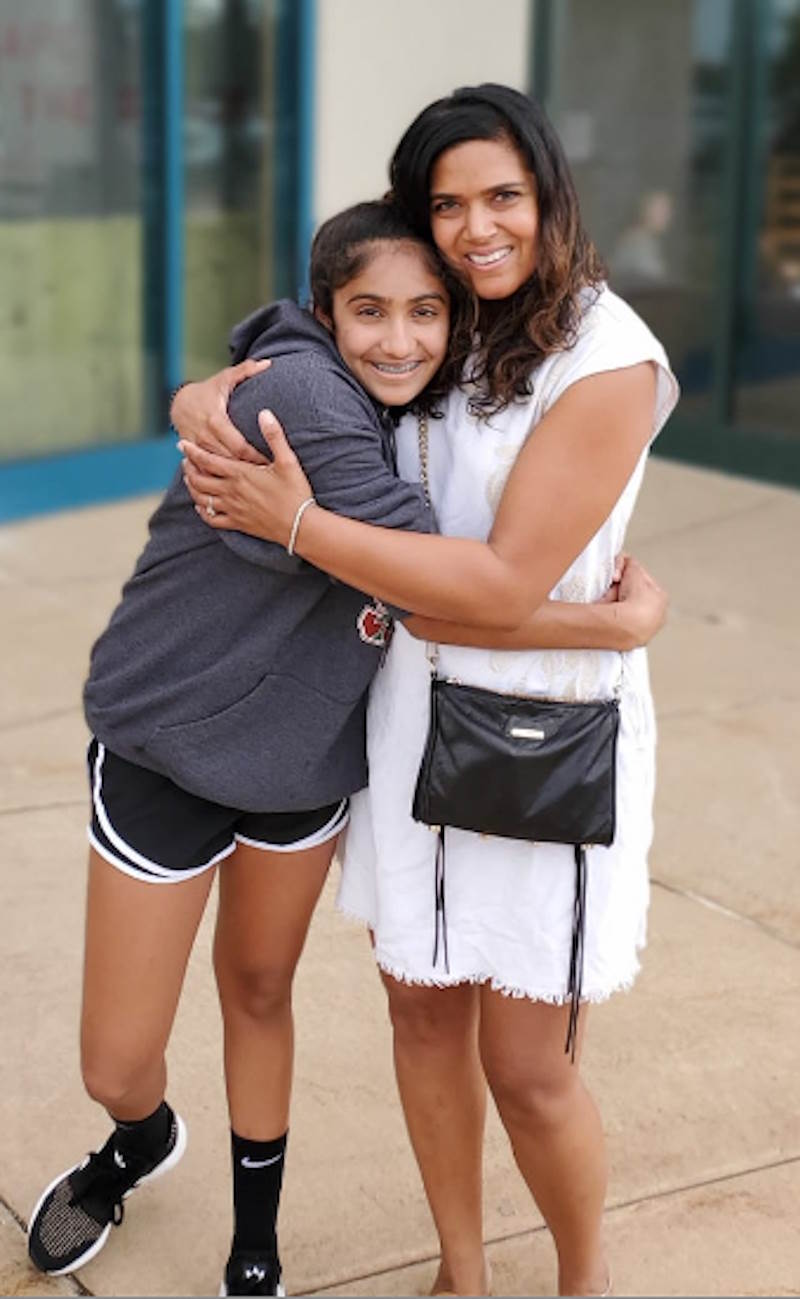
I consulted Cisco’s Employee Assistance Program (EAP) and our school psychologist to find a new mental health care provider in my area. We finally found the right medical professional who diagnosed the OCD with an immediate treatment plan, including psychotherapy with low-dose medication. At our first in-take therapy session, I remember how relieved she felt that the doctor understood her.
For the next several weeks, her sessions included Cognitive Behavior Therapy (CBP) in combination with Exposure and Response Prevention (ERP) Therapy. We would agree on weekly goals and homework. This sometimes consisted of watching videos of ants and spiders while slowly touching the iPad screen or getting her hands dirty for exposure.
While this caused some initial anxiety, her compulsions eventually decreased. Within a few weeks of the prescribed care plan, we felt progress!
It took months of CBP, ERP therapy, and hard work learning new tools to manage the OCD. As a parent and caregiver, I learned how to help her move forward so she could be a sixth grader, focus on school, and have fun with her friends. It was critical for us to follow the scheduled care plan.
I am grateful for Cisco’s Employee Assistance Program, healthcare benefits and mental health coverage.
Cisco’s EAP provides employees and eligible dependents with up to 10 free counseling sessions annually, so I leveraged this counseling for my own well-being.
I was emotionally drained and wanted to make sure I was fully present for my children while balancing work and responsibilities as a single parent. My health insurance plan with Cisco allowed me to submit medical claims for mental care up to two years later — which was a huge relief!
My Cisco team is always supportive, giving me the flexibility to prioritize her therapy sessions every week. I made a small village of friends that we could talk with for emotional support — my Cisco team member and friend, Ami, became a special source of strength for both of us.

Progress and well-being support
We have come a long way learning and living with OCD. Self-determination, proactive and ongoing mental care, and therapy with medical professionals and therapists helped my daughter grow to where she is today.
She learned to advocate for herself and pursues her dreams and next chapter as a Molecular Biology major at Rutgers University.
Caring and prioritizing mental health is fundamental for myself and my children, no matter what age.
Finding the right mental health care professional and treatment is key to making progress. Forming a village of friends or family for emotional support is essential. Even the right treatment requires a ton of patience, encouragement, and love.
I am proud to work for a company that is committed to mental health and well-being. Cisco offers employees and their families a variety of amazing benefits and support, including our Days for Me.
Employee resources
- Well-being at Cisco supports and prioritizes self-care and care for your loved ones through mindfulness and resilience courses, health coaching, caregiver support, virtual and in-person therapy and support, and more.
- Cisco Employee Assistance Program provides support when you need it most, no matter what is happening in your life.
- Visit the #SafeToTalk online community and join their Webex space for mental health resources and support.
Related links
